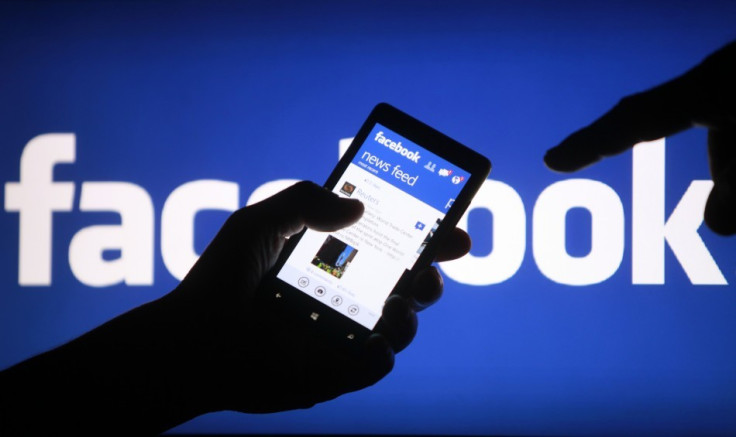Islamic Clerics Say Women Posting Photos on Facebook is Unacceptable

Two prominent Islamic helplines based in Luknow, Uttar Pradesh, India, are asking young callers to stay away from social networking sites.
The helplines are answered by Islamic clerics who help and guide people in understanding what is right and acceptable according to Islam.
According to a report on IBN Live, the clerics have especially asked women to refrain from creating profiles on popular networking sites such as Facebook and Twitter, calling it un-Islamic.
"You can't see someone's face on Facebook and decide that you want to be friends. Look for 'pyar aur mohabbat' (love) in real life. Virtual relationships are not 'faydaymand' (profitable)," cleric Abul Irfan Naimul Halim Firagni Mahli said.
Mahli said mingling with someone in the real world is much better than bonding with them in the virtual world. He said most of his callers are young people enquiring about internet usage.
"If one is on Facebook for business purposes or for constructive purposes, then the account is justifiable," he said.
However, Mahli particularly disapproved of women having an account on such sites for friendship. He also condemned women who upload their pictures.
"Women should not post pictures on Facebook or anywhere else on the Internet. This is un-Islamic," he said.
Fellow cleric Maulana Saif Abbas Naqvi, supporting Mahli's argument, said: "Women are not allowed to show their faces to anyone apart from their 'mehram' (close male relative like father and brothers). So posting pictures on Facebook is 'haraam' (banned).
"We are liberal. We are not Taliban-minded. When youngsters ask us if they can have a Facebook or Twitter profile, we allow that. But the Shariah (Islamic law) does not allow women to post pictures," Naqvi said.
"Islam has prescribed hijab for women. They have been asked to hide their faces in public, so how can this be allowed on the internet?" he asked.
"We have seen so many relationships that blossomed on the internet going sour in the real world. 'Dokha aur fareb se bachna chahiye' (We should save ourselves from deceit and fraud)," said the cleric, who belongs to one of the famous families in Luknow.
According to the report, the number of calls to the helplines doubled during the holy month of Ramadan, with many wanting to know if it was allowed to log into Facebook during the fast.
"There is a hadith (a saying of Prophet Mohammed) that when the world is nearing its end, Satan will spread lies within minutes. We've seen rumours being circulated on the internet in no time. It is best to stay away from the virtual world," Mahli concluded.
© Copyright IBTimes 2025. All rights reserved.



















